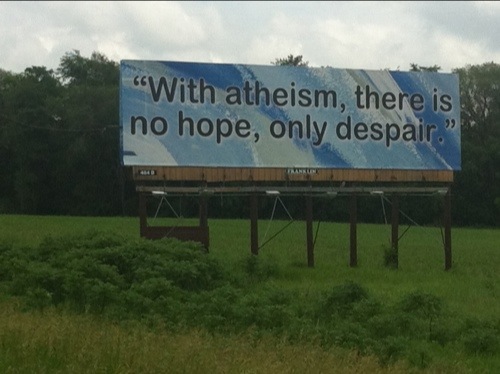Remember that “Left Behind” video game that blew in with a gust of laughter at its premise and then faded away feebly? It’s maker is still around, but it’s all gone downhill for Christian video gaming.
When he started Left Behind Games in 2002, Troy Lyndon—a one-time boy genius who with his former company became Inc.’s entrepreneur of the year at the age of 28—was sure his apocalypse-themed video games would make him millions even as they brought the gospel of Christ to gamers the world over. Eleven years later, Lyndon is 48, personally bankrupt, lives in a 450-square-foot apartment in Honolulu and makes ends meet by coaching entrepreneurs and selling insurance. On nights and weekends Lyndon is still the chairman and CEO of Left Behind Games, a publicly traded business with 10 billion shares outstanding, each worth one one-hundredth of a cent.
It’s also a company with regular filings with the US Securities and Exchange Commission—called 8-Ks, intended to update investors about events that could affect the company’s fortunes—that read like dispatches from a beleaguered general who still believes he’s fighting the good fight. “Yes, LFBG is still operating,” says the company’s latest 8-K, filed at the end of last week and written by Lyndon himself. In it, he blames the company’s misfortune on the proliferation of new gaming platforms, the rise of downloadable games, the latest recession, Christian retailers, the “death” of online marketing, the political views of the authors of the books upon which Left Behind Games’ games were based, and the SEC itself. The regulatory filings document an extended corporate unraveling, and a very human hope that it all will work out in the end.
So…praising the Lord and tapping into the evangelical Christian world isn’t a sure-fire formula for fiscal success? Tsk, tsk. That’s a sign of the End Times right there.
I’m hoping that in ten years someone will be writing a similar story about the hubris and collapse of Answers in Genesis. But that’s just wishful thinking right now.






